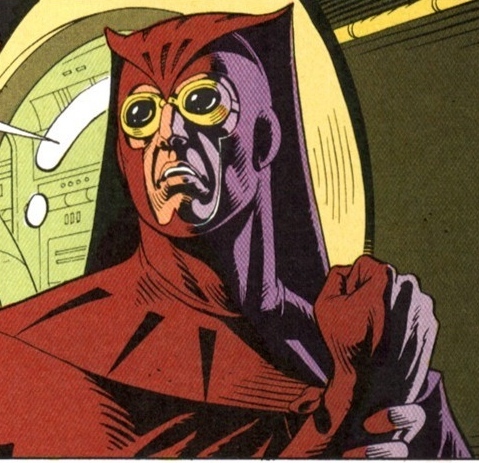
Source: http://assets.nydailynews.com/img/2010/03/26/alg_park_harry-potter.jpg
Don't forget that the last Harry Potter book has so much wandering around that we never really get anywhere until Harry gets some good (or bad) luck with crazy Death Eaters. So a journey in a story is not necessarily a literal journey.
A journey means change. Whether in a place as mundane and commercial as a large sandbox, or as fantastic and original as Harry Potter’s Hogwarts, the reader gets a reason for the ride. The Cheshire Cat said that you will end up somewhere if you travel long enough, but readers would rather not wander around until they reach any haphazard destination; they, like the protagonist, want a specific ending point. If the writer finds a proper conclusion, the reader closes the book with satisfaction and enjoys rereading it. If they don't, and the rest of the book is good, you can bet that the reader will vent to his best friend about how much the book disappointed them.
For that reason, I do not believe in protagonists failing, at least not in longer stories. You can’t make the journey easy for the protagonist and thus for the reader, but you can’t drop them into the dark without giving a chance against possible obstacles. We go on a journey to escape the outside world, where failure occurs every day; failure in fiction allows the outside world to pervade our secure fantasies. A tragedy must have a hero succeeding, but paying a high price for his victory; Hamlet avenges his father but causes everyone else’s death in the process, while Macbeth becomes king and loses his head to delusions and Macduff. Short stories can get away with failure because we don’t have as much emotional attachment to the protagonists; that’s why we love “The Lottery” and “The Veldt” by Ray Bradbury, despite their dark nature. Comedy can also get away with downer endings because we watch comedy to laugh at our inner buffoon. But every good comic failure has a sense of success to it, or the potential of success.

Source: http://www.ultimatedisney.com/images/g-i/iaswof4-03.jpg
We also allow failure when a funny protagonist deserves it. If he or she kicks a baby penguin, they receive a kick in return. If Donald Duck interrupts a band concert with "Turkey in the Straw," the players squish him with a tuba. Why? Because we can laugh at it. If our hero is a jerk in a dramatic dystopian novel like Brave New World, we are less likely to laugh even if he deserves his fate. So if you must go for failure, make it a funny failure for the reader. Go dark and go deep, but don't lose the punchline. If you can laugh at Harley Quinn, a villain in an abusive relationship, then you're all set for funny failure.
![]()
Source: http://www.comicon.com/resources/pulse/images_07a/36bmcd3.jpg
Get ready to face failure on your quest for meaning, or at least an adventure with your protagonists. I know I will.




